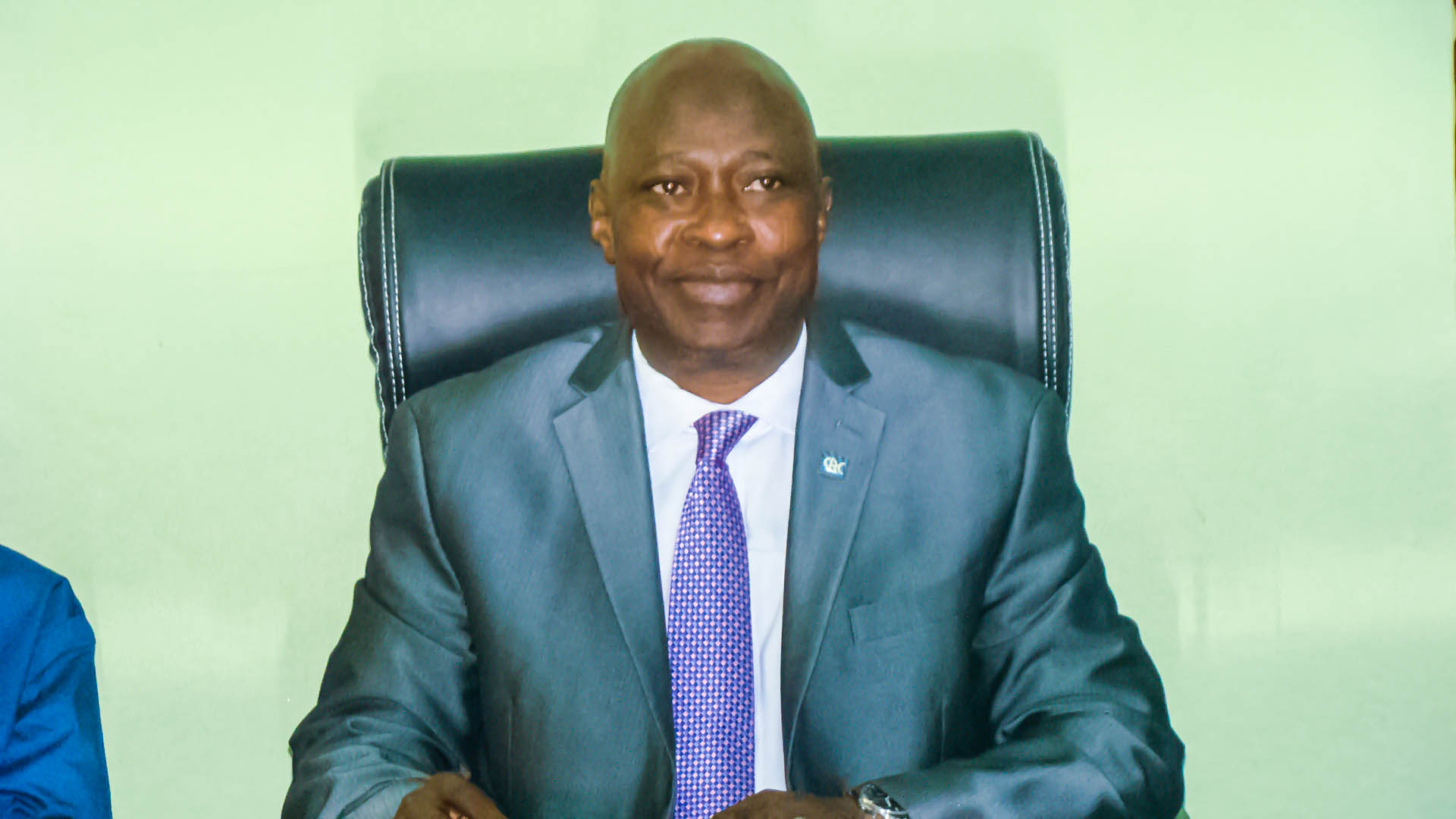Credit Rating Key to Facilitating Consumer Credit – GMD CRC Credit Bureau, Popoola

Strong credit system promotes credit to consumers,individuals and businesses, especially the micro, small and medium enterprises (MSMEs) which impacts positively on the economy of a nation, by
stimulating effective demand.
Group Managing Director and Chief Executive Officer, CRC Credit Bureau Limited, Dr Tunde Popoola said this on Tuesday in Lagos at an event organized by Finance and Business Online Publishers Association, FiBOP
He said if an economy is supported by access to credit for commercial enterprises, production is enhanced, adding that access to credit for businesses is productive credit and it certainly helps to promote economic growth.
Popoola said consumer credit is an important element of any economy.
According to him consumer’s ability to borrow money easily allows a well-managed economy to function more efficiently and stimulates economic growth.
” A consumer credit system allows consumers to borrow money or incur debt, and to defer or spread repayment of that money over time. Having credit enables consumers to buy goods or assets without having to pay for them in cash at the time of purchase. Today, most successful economies are driven by credit.
” Central Bank of Nigeria’s monthly economic report for October 2021 indicated that the growth in consumer loans was driven by a 52 per cent, year-on-year increase in personal loans, and rose to N1.57 trillion in October 2021.
” The provision of consumer credit has a key economic function and is a largely beneficial activity, propelling spending and thereby increasing income levels of a country. It enhances productivity and leads to higher Gross Domestic Product (GDP)”, he said.
The CRC Credit Bureau boss said it has been proven repeatedly that an economy with strong credit culture improves standard of living, stimulates growth, and ensures prosperity of many of its inhabitants, by enabling borrowers to purchase goods and services and spread repayments over time.
He said that kind of arrangement makes it possible for consumers to purchase items they need without having to fully save to purchase these items.
” For example, consumers can enjoy reasonable access to basic and good things in life such as food, shelter, education, commuting, etc and some relative luxuries. Many items from motor vehicles, to houses and even television, air conditioners, etc are too expensive for most people to pay for all at once, with their own earnings or savings,” he said.
Further Popoola said availability and ease of access to credit is represented by the level of credit penetration.
” This is measured by the ratio of total credit to the private sector to the GDP. This is relatively low in Nigeria, and it underscores the challenge of access to credit in Nigeria.
“As of 2020, from the World Bank Data, domestic credit to the private sector as a percentage of GDP stood at 12.1 per cent, up by 2.1 per cent in 2018, which was a mere 10.2 per cent in Nigeria. Comparing 2020 and 2018 in four other economies showed that by 2020, it was 32 per cent in Kenya, 96 per cent in Morocco, 70 per cent in Brazil and 134 per cent in Malaysia”, he noted.
He however noted that Access to consumer credit in Nigeria has grown astronomically over the years. Credit bureau penetration has also grown over the years, but it is still relatively low when compared with other countries.
He said Credit bureau penetration indicates the number of adults’ population covered by credit bureau.
“It is a database of the number of consumers and businesses enjoying credit in an economy. Nigeria’s credit bureau penetration in 2019 was 14 percent, compared with 30 per cent in Kenya, 25 per cent in Morocco, 79 percent in Brazil and 83 per cent in Malaysia. Of course, credit bureau penetration will certainly be low where credit to the private sector is low. It is just an expression of the fact that only few consumers and businesses have access to formal sources of credit in Nigeria”, Popoola said.







